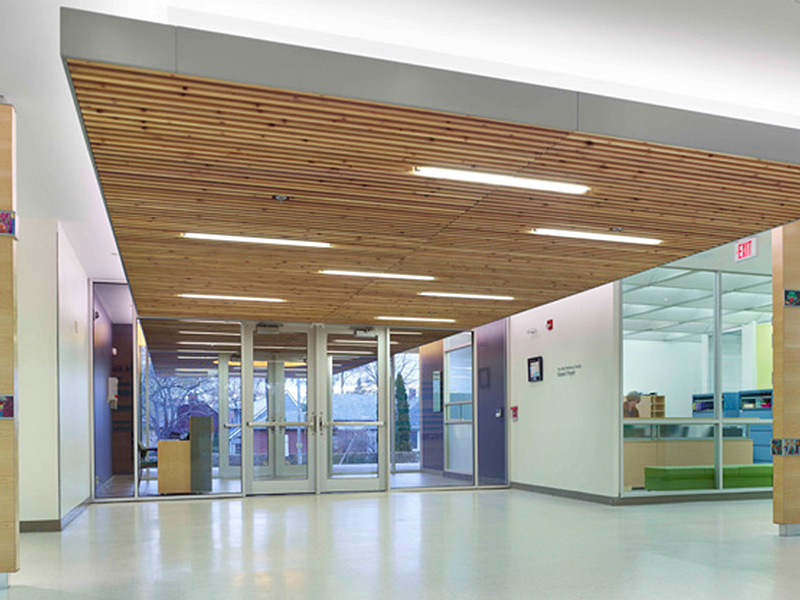The current model of day school funding where tuition is charged for each and every student is clearly broken. Tuitions have been rising at two to three times the level of inflation for years squeezing out the middle class and beyond and leading to declining enrolments and even school closures.
While subsidies are available, they are generally only provided to those earning under $150,000 a year. While most Canadian families can only dream of earning such a salary, for those who want to send their children to day schools there is little if anything left to pay for even the most basic of needs. With the cost of a Jewish high school education nearing $30,000 and elementary school over $16,000 a family of three children with one in high school is looking at over $60,000 of tuition. Add in a fourth child – and we as a community should be encouraging large families or at the very least not discouraging them – with two in high school and we are now over $90,000 a year. What must one earn to be able to afford such a bill?
READ: TUITION CAP OFFERED IN DAY SCHOOL PILOT PROGRAM
In a recent cover story, this newspaper highlighted the difficulty of active engagement in the community for all but the very wealthy.
For longer than I care to recall I have been advocating that we shift our funding model to a percentage of family income. While the number is not etched in stone I have suggested that families pay a total of 10 per cent of their gross income to cover tuition for all their children, whether that be two children or six.
I was beyond thrilled when I read about UJA Federation’s recently announced initiative announcing just that. Under this ICAP system, tuitions will be capped at a rate of approximately 13 per cent of income irrespective of the number of children enrolled in school. Most importantly the program is open to those making between $150,000 to $300,000 a year. (Those earning under $150,000 would remain eligible for subsidies as per the current system). Sadly under current circumstance even an income of $300,000 is often not enough to afford a day school education.
On a practical level for this upcoming year this initiative, even if it works better than hoped for, will have only a minimal impact. That is because only families whose oldest child is entering senior kindergarten are eligible. Furthermore it is only being run in two schools and only for parents living in the 905 belt north of Toronto.
Nevertheless this is a major paradigm shift that offers a light at the end of the tunnel and is to be greatly applauded.
Yet the light while potentially so close is still far away. To implement such a program citywide would likely cost some $40 to $50 million a year. While that sounds like a daunting number it should not be for a community as blessed with material wealth as ours is. There are many who care deeply about the future of our community and much of that future is at risk.
The decline of the day school as a viable option for many is perhaps the greatest risk to the future of our communities. Those who graduate day schools are much more likely to marry other Jews, to support Jewish causes, to be involved in so many ways with the Jewish community than those not afforded the opportunity of a day school education.
I do not believe it would be an exaggeration to say that the Toronto Jewish community raises somewhere between $150 and $200 million a year for a multitude of causes. If we could increase that by some 20 to 25 per cent, a tall but doable order, the problem would be solved. Furthermore millions of charitable dollars leave our community every year supporting worthy causes elsewhere. Very nice in theory but the “needs of one’s city come first.”
We have the ability but do we have the will?
Comments to
[email protected]
